Diverticulitis and Nutrition
Understanding and Managing a Common Digestive Disorder
Hello, health-conscious readers! Today, let’s chat about a common digestive issue that might sound a bit complicated but is actually pretty straightforward once you get to know it – diverticulitis. As a gastroenterologist, I often see misconceptions about this condition, so let’s set the record straight and talk about how to manage it effectively.
What is Diverticulitis?
Imagine your digestive tract is like a garden hose. Over time, small bulges (diverticula) can form in the hose, especially in the lower part (your colon). That’s diverticulosis. Now, if these pouches get inflamed or infected, that’s diverticulitis. It can be a bit of a nuisance, causing pain (usually on the lower left side), fever, nausea, and changes in your bathroom habits.
The Key to Prevention: Avoiding Constipation
The big villain in this story is constipation. It’s like a traffic jam in your colon, putting pressure on those little pouches. To keep things moving smoothly, here are three golden rules:
- Fiber is Your Friend: Think of fiber as the broom that sweeps your digestive tract clean. Fruits, veggies, and whole grains are great sources. But remember, not everyone can handle a fiber feast. Too much of a good thing can lead to bloating, diarrhea, or even more constipation.
- Stay Hydrated: Water is the oil that keeps the engine running. It works hand-in-hand with fiber to keep your stools soft and easy to pass.
- Get Moving: Regular exercise isn’t just good for your heart; it’s great for your gut too. It helps keep things moving along your digestive tract.
Busting Some Myths: Nuts, Seeds, and Popcorn
You might have heard that if you have diverticulosis, you should steer clear of nuts, seeds, and popcorn. But guess what? That’s more myth than fact. Recent studies show that these foods don’t increase your risk of diverticulitis. In fact, their fiber content might even be helpful.
A Balanced Approach to Diet
While diet is important, it’s not the only factor in managing diverticulitis. It’s part of a bigger picture that includes staying hydrated, exercising, and understanding your body’s unique needs.
The BYTEMD Advantage
This is where BYTEMD comes in. It’s like having a nutritionist and a gastroenterologist in your pocket. The app helps you understand how different foods affect your gut health, which can change over time. It’s a fantastic tool for keeping track of what works for you and what doesn’t.
Your Health, Your Journey
Remember, everyone’s body is different. What works for one person might not work for another. It’s all about finding the right balance that works for you. And don’t forget, staying informed and up-to-date with the latest research is key to managing your health effectively.
Ready to take control of your digestive health? Download BYTEMD and start your journey to a happier, healthier gut. Here’s to smooth sailing through the world of digestive health!
Stay healthy and informed!
Citation:
Carrott, Philip, Pearlman, Michelle, Allen, Karen, and Suwanabol, Pasithorn. “Disease-Specific Diets in Surgical Diseases.” Current Surgery Reports (Philadelphia, PA) 6.10 (2018): 1-10. Web.

